
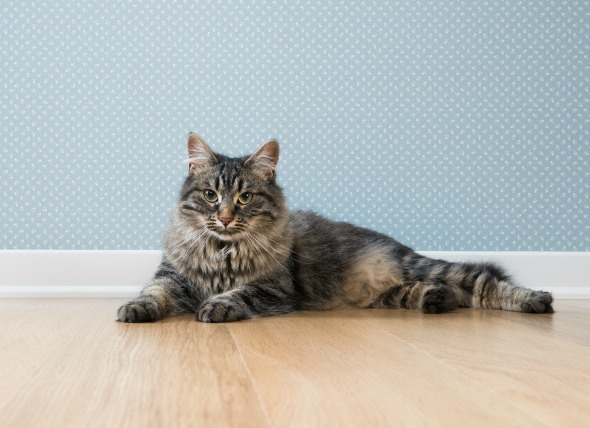
Inflammatory Bowel Disease (IBD) is a group of gastrointestinal diseases for which no single cause is known. IBD results in the inflammation of the intestines. In affected animals, chronic symptoms are seen to be related to the gastrointestinal system. Siamese cats have been found to be predisposed to IBD.
Though no single cause is known, more than one cause is suspected. Hypersensitivity to bacteria and/or food allergies are suspected to play a major role in this disease. Food allergens suspected to play a role in this disease include meat proteins, food additives, artificial coloring, preservatives, milk proteins, and gluten (wheat). Genetic factors are also suspected to play a role in IBD.
Your veterinarian will take a detailed history and ask you questions regarding to the duration and frequency of symptoms. A complete physical examination will be conducted and after the examination your veterinarian will conduct routine laboratory tests, including complete blood count, biochemistry profile, and urinalysis. The results of these routine laboratory tests are often normal. In some patients, anemia and abnormally high number of white blood cells (as in infections) may be present. In cats with IBD, abnormally levels of proteins and liver enzymes may also be found. Fecal examination, meanwhile, is performed to verify the presence of parasitic infection(s).
In most cats, IBD cannot be “cured” but can be successfully controlled. However, even after complete recovery, relapses are common. Major goals of treatment are the stabilization of body weight, the amelioration of gastrointestinal symptoms, and the reduction of the immune system's response. Therefore, immunosuppresive drugs and antibiotics are key components of the therapy. Additionally, cobalamin is given in some cats to counteract deficiency.
In cases of dehydration, fluid replacement therapy is started to overcome the fluid deficit. Cats with continuous vomiting are usually not given anything orally and may require fluid therapy until vomiting resolves. Dietary management is another essential component of therapy, with hypoallergenic diets being the most recommended. Usually two weeks or so are given to see the response of your cat to such a diet.
The short-term prognosis in most cats is excellent, but in cases of severe disease, prognosis is often very poor. Again, it is important to note that IBD cannot be “cured,” but can be managed in most cats. Be patient with the forms of treatment suggested by your veterinarian and strictly adhere to diet recommendations made him or her. In stabilized patients, a yearly examination is often required.
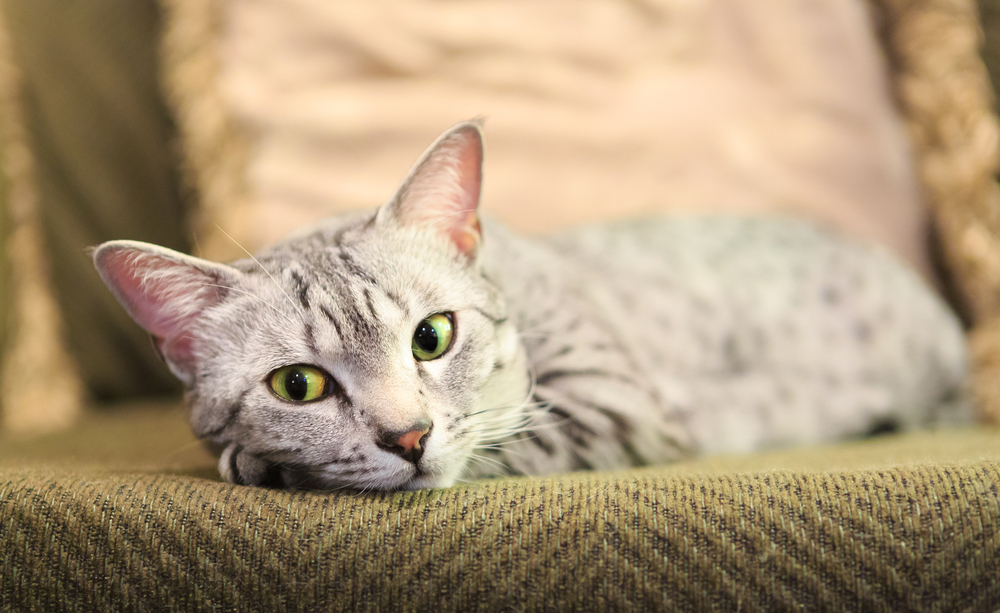 E. Coli Infection in Cats
Colibacillosis in Cats
Escherichia coli, commonly
E. Coli Infection in Cats
Colibacillosis in Cats
Escherichia coli, commonly
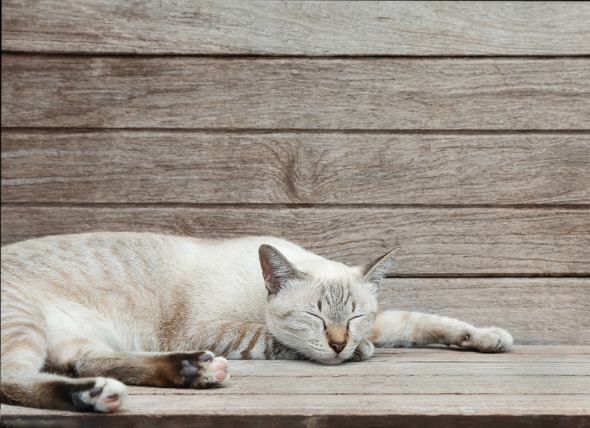 Roundworms in Cats
Ascariasis in Cats
Ascariasis is a disease caused
Roundworms in Cats
Ascariasis in Cats
Ascariasis is a disease caused
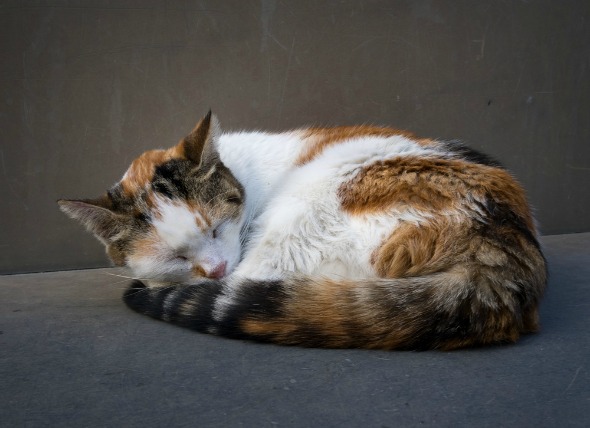 Abdominal Cavity Inflammation in Cats
Peritonitis in Cats
The abdominal cavity is lined
Abdominal Cavity Inflammation in Cats
Peritonitis in Cats
The abdominal cavity is lined
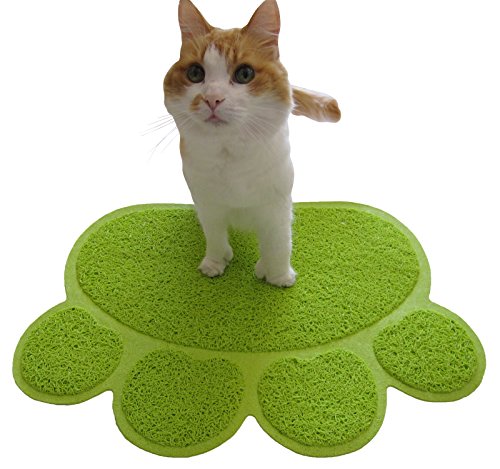 What Are the Most Common Cat Illnesses?
Cats are very self-sufficien
What Are the Most Common Cat Illnesses?
Cats are very self-sufficien
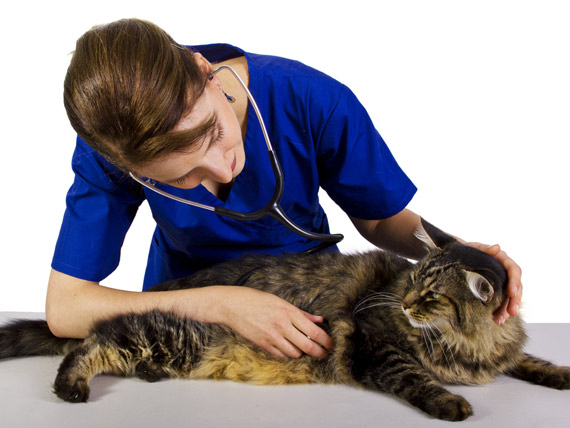 Salmonella Infection in Cats
Salmonellosis in Cats
Salmonellosis is an infecti
Salmonella Infection in Cats
Salmonellosis in Cats
Salmonellosis is an infecti
Copyright © 2005-2016 Pet Information All Rights Reserved
Contact us: www162date@outlook.com